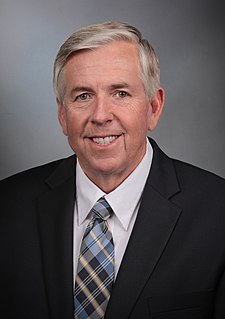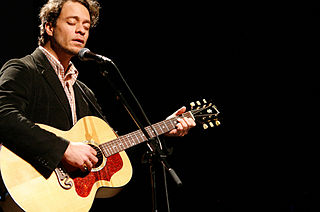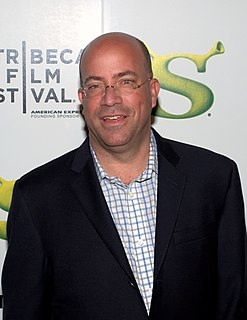A Quote by Alissa Quart
There are caste systems in American cities: Many are marginalized to the edges of urban centers due to real estate costs; price tags seem to lurk around human encounters; there's a cult of overwork in the middle class; workers at your local manicurist, your local fast casual restaurant, are exploited.
Related Quotes
What you select from, in order to tell your story, is nothing less than everything. What you build up your world from, your local, intelligible rational, coherent world, is nothing less than everything. . . . . All human knowledge is local. Every life, each human life is local, is arbitrary, the infinitesimal momentary glitter of a reflection.
Fast food may appear to be cheap food and, in the literal sense it often is, but that is because huge social and environmental costs are being excluded from the calculations. Any analysis of the real cost would have to look at such things as the rise in food-borne illnesses, the advent of new pathogens, antibiotic resistance from the overuse of drugs in animal feed, extensive water pollution from intensive agricultural systems and many other factors. These costs are not reflected in the price of fast food.
As the world's "most dynamic" cities seek to manage their own urban growth, American state and local officials have much to offer. Our mayors can share their experiences in urban design, clean energy projects, Smart Grids, codes for energy efficient buildings, transportation safety, and innovative environmental solutions.
We no longer have a significant middle class in the US due to Barack Obama's job-killing ban on oil drilling in Zion Park. While a small middle class remains in the coastal blue states, our tax bill devastates them by curbing deductions for state and local taxes and large mortgages. In a few years, everyone except the 1% will be a tricklee.
We believe that part of the answer lies in pricing energy on the basis of its full costs to society. One reason we use energy so lavishly today is that the price of energy does not include all of the social costs of producing it. The costs incurred in protecting the environment and the health and safety of workers, for example, are part of the real costs of producing energy-but they are not now all included in the price of the product.
We have seen numerous instances in which American businesses have brought in foreign skilled workers after having laid off skilled American workers, simply because they can get the foreign workers more cheaply. It has become a major means of circumventing the costs of paying skilled American workers or the costs of training them.





































